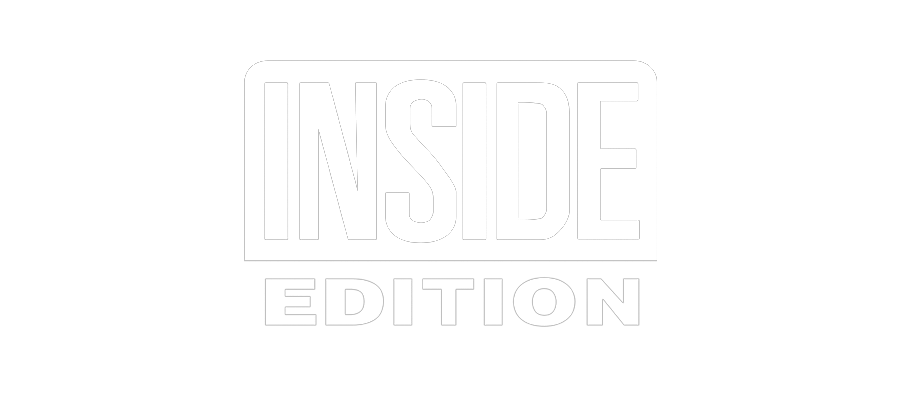How Can a Criminal Conviction Affect Your Life?
Criminal convictions have two types of consequences: direct and collateral. A direct consequence is the actual penalty for the conviction, which includes jail time, probation, fines, a driver’s license suspension (in DUI cases) and anything else a court may impose. Collateral consequences are those that are not set in the punishment, but result from another, independent legal mechanism. Examples of collateral consequences are deportation or inadmissibility for non-citizens, sex offender registration and the prohibition of firearms possession for felons. Some, like sex offender registration, are offense-specific. Others apply to a class of convicted persons, most commonly those convicted of felonies or domestic violence offenses.
We discuss these issues with all of our clients and advise them of the possible collateral consequences of a conviction because these could be worse for them than the actual sentences. We then work to avoid them through plea negotiations and litigation. Additionally, there are ways to have these rights and privileges reinstated. We can help with that too.
The following rights and privileges may be impacted by the conviction of either specific or general crimes–both misdemeanors and felonies–under state and federal law.
Immigration Consequences
Any criminal conviction--any arrest even--can cause immigration consequences for individuals who are not citizens of the United States, even lawful visa and “Green card” holders. Convictions can render a non-citizen deportable or inadmissible, and can also lead to visas or Green cards to be denied or revoked.
Guns
Felony convictions bar a person from possessing a firearm in Connecticut, most states and the United States. In addition some misdemeanor convictions will disqualify a person from possessing firearms or obtaining a pistol permit. Those include convictions for drug possession, domestic violence offenses, negligent homicide, certain assaults, threatening, unlawful restraint, rioting and reckless endangerment.
Driving Privileges
In addition to a suspension imposed by a court, the Department of Motor Vehicles may administratively suspend the drivers’ licenses or operating privileges of persons convicted of DUI and other motor vehicle offenses and also minors convicted of alcohol or marijuana possession (note: these are actually lesser offenses than misdemeanors).
Employment
Private employers may ask job applicants whether they have been convicted of a crime (including misdemeanors) and use that in making hiring decisions.
Student Loans
Pursuant to 20 U.S.C. 1091(r), a person convicted of any drug offense may be denied federal student loans. Such rights and privileges that may be restricted are:
Voting Rights
In Connecticut, a felon who is incarcerated is suspended from voting but may be reinstated upon release. Other states have even more serious prohibitions on voting for felons.
Professional Licenses
Many professional licenses, ranging from barbering to the practice of law, may be revoked, suspended or refused upon conviction of a felony.
Government Programs
Government housing authorities may prohibit felons from living in their properties (even if not the actual tenants) and in some circumstances, private landlords may evict or refuse to rent to felons. Government social insurance programs such as SNAP and WIC can be denied or restricted due to drug convictions.
Note that this list is not exhaustive. Many other state and federal laws and regulation may lead to further consequences and restrictions. Please contact Pattis & Paz today to discuss the specifics of your case and we will determine how you can avoid these consequences or work with them.










